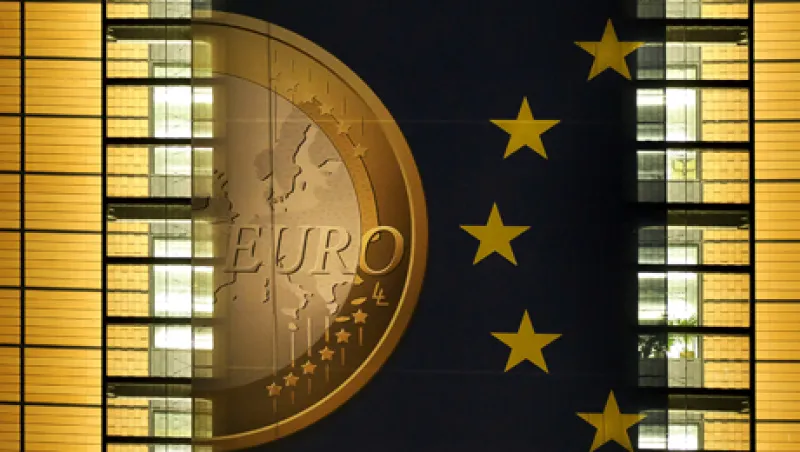
Index Shows French and German Output Sliding Fast
Euro zone’s core economies unable to keep region out of recession, according to closely watched manufacturing index.
David Turner
July 25, 2012


